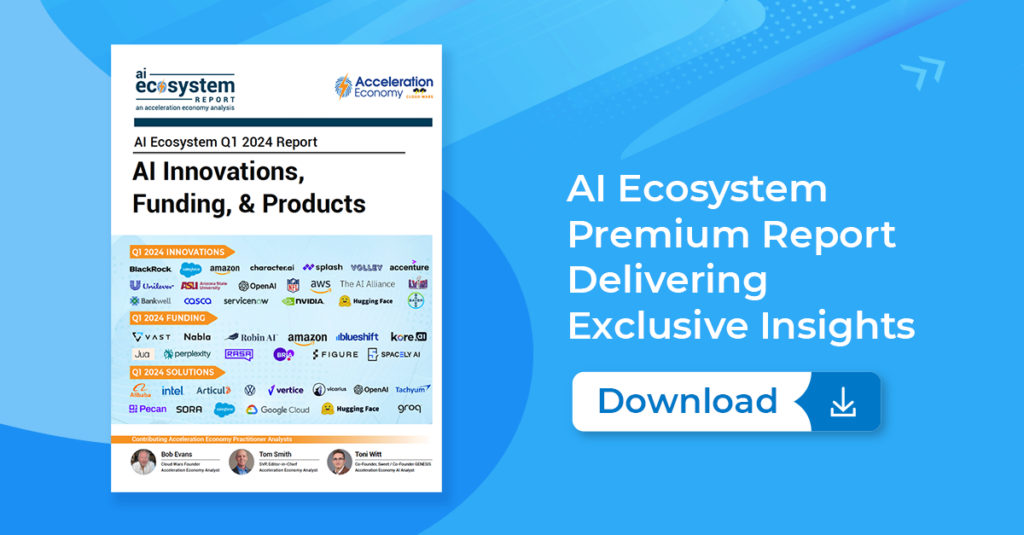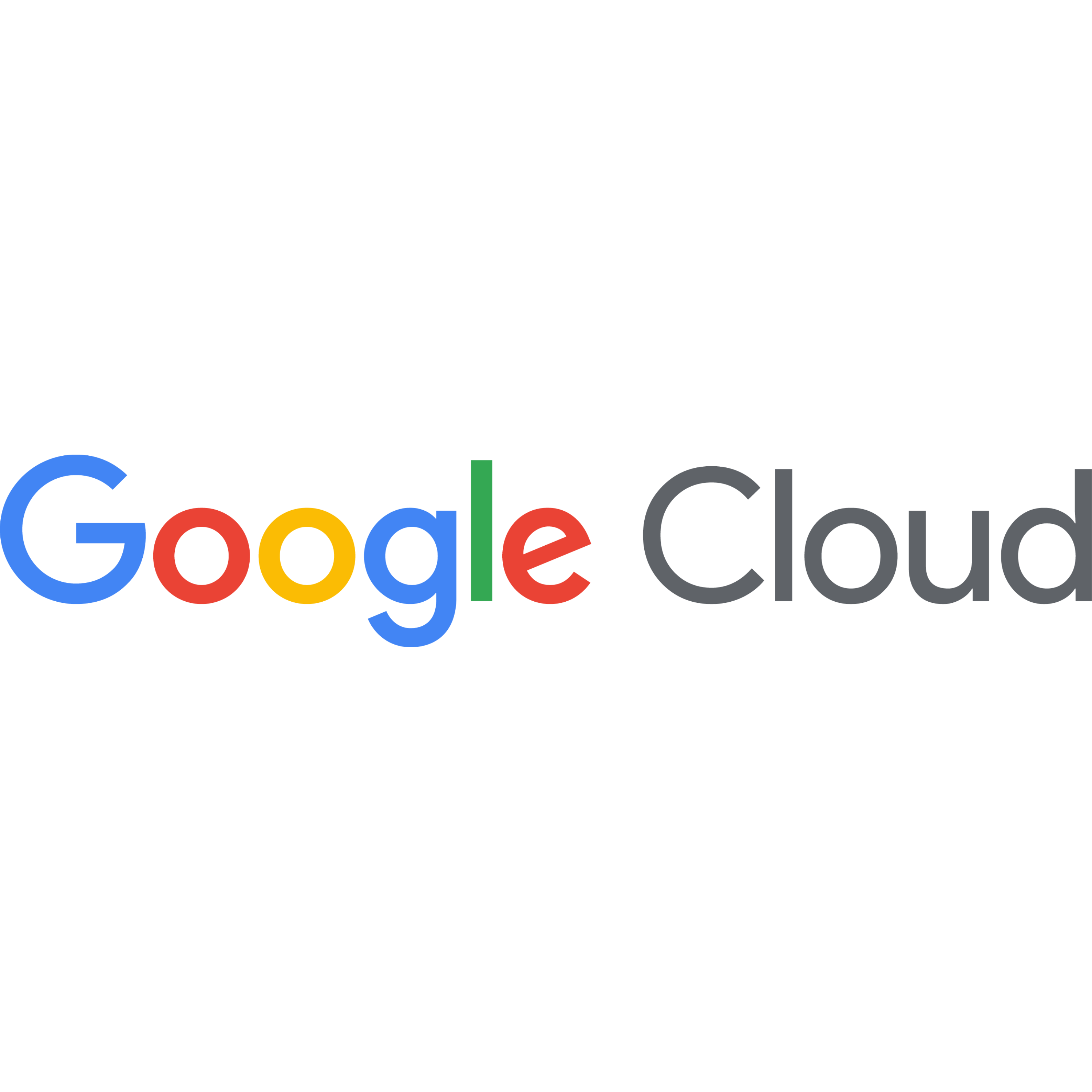
Underscoring that the cloud of today is wildly different than it was just a few years ago, Microsoft and Google Cloud are leveraging their superiority in AI and enterprise software to grow twice as fast as AWS as the AI-plus-Cloud Revolution transforms how the business world works.
Last week, Microsoft reported its fiscal-Q3 cloud revenue reached $35.1 billion on an extremely impressive growth rate of 23%. And Google Cloud revenue jumped 28% to $9.57 billion, accelerating by 3 points from Q4’s 25%.
Amazon will release its Q1 results tomorrow (April 30), and based on its results from the past 3 quarters, will very likely report a growth rate of about 13%. And while I’ll concede that Microsoft’s 23% is not technically “twice as fast” as the 13% I expect from AWS, we must also take into account that Microsoft’s cloud business is 40% larger than AWS’s.
In Q1 a year ago, AWS generated revenue of $21.4 billion. For Q1 this year, if AWS can match the 13% growth rate it delivered in Q4 of 2023, that would mean Q1 AWS revenue of $24.2 billion.

The AI Ecosystem Q1 2024 Report compiles the innovations, funding, and products highlighted in AI Ecosystem Reports from the first quarter of 2024. Download now for perspectives on the companies, investments, innovations, and solutions shaping the future of AI.
So if we stack up the Q1 numbers from those hyperscalers, it looks like this:
- Microsoft up 23% to $35.1 billion
- Google Cloud up 28% to $9.57 billion
- AWS up 13% to $24.2 billion (**PROJECTED, NOT ACTUAL**)
What’s causing this very dramatic gap in growth rates between the high performers — Microsoft, Google Cloud, and fourth hyperscaler Oracle, which grew 25% for its most-recent quarter ended Feb. 29 — and AWS?
I think there are three core factors:
- More than infrastructure. While the cloud in its early days was dominated by infrastructure, and AWS was and still is the undisputed category creator and king, in the past several years entperprise-software expertise has become increasingly vital in the cloud: applications, industry-specific solutions, cybersecurity, databases, and of course AI.
- The AI Revolution. As the explosive rise of AI in the past couple of years has made it a once-in-a-generation driver of business transformation across the globe, Google and Microsoft as well as Oracle have been able to leverage their many years of experience with various types of AI to position themselves as market leaders. And while AWS has been portraying its experience with ML and related technologies as world-leading, I just don’t believe that is playing out in the real world. Without a doubt, AWS is devoting enormous time and attention to building out a full set of AI capabilities–but the company lacks the long, deep, and broad expertise that its rivals have steadily accumulated over the years.
- Friends in high places. Microsoft, Google Cloud, and Oracle have all built high-growth cloud businesses by establishing and nurturing deep relationships among not only CIOs and CTOs but also CEOs, CFOs, and boards of directors. And while AWS surely has some strong connections across the C-suite, its roots have always been with “builders” and tech-centric buyers. That served the company beautifully during its long run-up as king of the infrastructure game, but at the same time it has left them behind its competitors in business-oriented end-to-end transformations.
Final thoughts
So tomorrow (April 30) when Amazon releases its results, it’s certainly possible it will reveal that AWS’s reacceleration has continued and that AWS revenue grew 16% or even 18% in Q1.
But I don’t think that’s going to happen. Not because of any lack of effort or investment on the part of Amazon and AWS, but simply because of market dynamics. When first-gen infrastructure was the game, AWS dominated because it could deliver that better than anyone else. But the game today is very different, and Microsoft, Google Cloud, and Oracle are all playing the new game better than AWS is.
But should it happen that AWS delivers a blockbuster quarter and proves me and my premise to be completely wrong, I will surely own up to my error and take the heat.
In the meantime, re: those first-quarter numbers: well done, Microsoft and Google Cloud!












